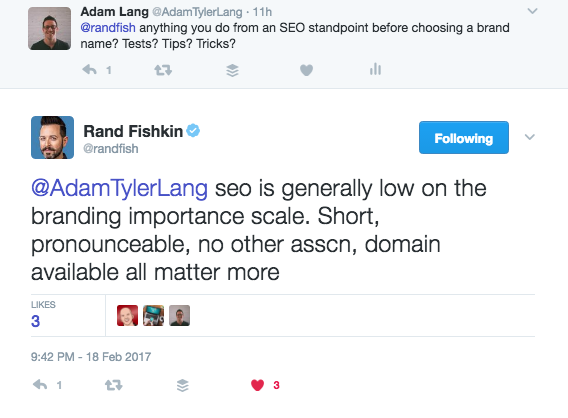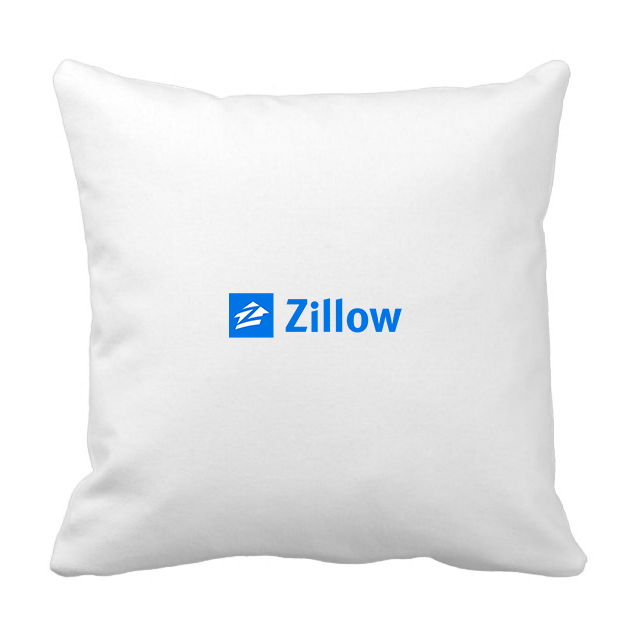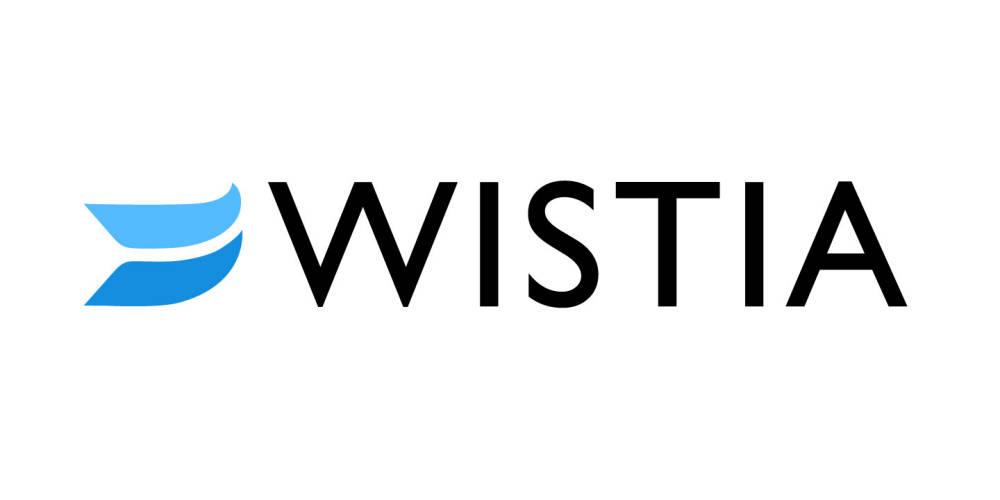See, aren’t you glad you didn’t skip ahead? If you’re doing your due diligence, determining your brand positioning will guide you in the right direction; your target will be much clearer. But, if you think this is where you’ll start your list, you’re getting ahead of yourself. Coming up with a business name is no easy feat… That’s where we come in.
Here’s where we’ll explore which characteristics and attributes should be considered when building your list and, eventually, selecting your brand name.
Pronunciation
According to a Nielsen report, 92% of consumers base purchases on recommendations from their friends and family over any other form of marketing. That means online and offline word of mouth primarily drives brand awareness which means your brand name MUST be easy to spell and easy to pronounce. Even the Wizard of Moz, Rand Fishkin ranks it high on his list.

After all, most folks aren’t interested in sounding stupid in front of their friends or coworkers. Even the slightest reluctance to say a brand name out loud for fear of butchering it could prevent them from sharing altogether.
Keep in mind that pronunciation has more to do with the arrangement of letters than the length of the word. Short does not necessarily equal easy-to-pronounce. Take it from companies like Huawei or Xobni. Even if you’re going for something compact, don’t skip the “say-it-over-the-phone” test.
Distinctive
How does your name set itself apart from other competitors in your industry? Consider something like Amazon instead of Online Bookstore. Maybe the business model and core values are the same, but one name differentiates itself by being less literal. Don’t be afraid to consider names that may seem bold and unrelated at first glance. Customers aren’t going to flip over a brand named “bookstore.”
Suggestive
On the other side of that same argument, your brand name should suggest something about your brand. In the case of Amazon, it suggestions their offerings are as vast as the major river, covering everything from A to Z. Or take Pinterest, a mix of “pinboard” and “interest,” which is the core of what Pinterest does. People don’t expect your name to say everything about your brand—nor should you necessarily want it to—but it should at least describe your product or service in a creative or metaphorical way.
This is also a good place to go back and consider your brand positioning. That way, you can make sure the name you choose expresses something about your brand and its statement. Do the names you’re coming up with demonstrate the values your brand embodies? Do they fit the personality you’ve prescribed to it? If not, you probably shouldn’t take those options any further.
Visual Appeal
The literal, physical appearance of your name shouldn’t be overlooked – especially if you go with something unexpected. When people can visualize your name as an image, it is much easier for them to remember than an unfamiliar word or acronym. There are also underlying implications in the visual design of your brand name.

Many strategists refer to a psychology experiment conducted by Wolfgang Kohler in 1929 where research participants applied random names to physical shapes. The majority chose softer-sounding names for rounder shapes and names with hard consonants for the edgier shapes. However unconsciously, certain words elicit physiological responses that inform our brain into visualizing shapes.
Plus, if you get your brand name right, you’ll see it everywhere. You want to make sure it looks as good in print as it sounds out loud.
Associative
Pay careful attention to what kind of associations come up when people hear your name. Whether we like it or not, words trigger perceived meanings buried in our minds. Virgin, for example, is not everyone’s favorite because it can evoke associations of young and inexperience. Despite the risk of offending some customers with the baggage of negative associations, the reward in choosing a name like Virgin is that it clearly sets them apart from their competitors. Alaska Airlines, Southwest Airlines, American Airlines are all much safer, and perhaps less memorable, bets.
Just because a brand name is risky doesn’t mean it won’t be worth the reward. If your first reaction is to scratch it from the list, don’t. Let it stew for a while and then come back to it. You may eventually realize that, as with Richard Branson and team, the unexpected name is more closely related to your brand than the usual suspects– simply because your brand is unexpected. Virgin has gone on to develop a strong, well-known and liked brand on the basis of doing things differently.
Kirill Soloviev, Founder and CEO of a naming service called Nimi, shares his insights on how to avoid global naming disasters:
At the end of the day, the name you choose is one piece of a much larger puzzle. Get creative, but make sure your name isn’t linked to anything negative beyond your home country and your native language. It’s easy to lull yourself into false security with seemingly innocuous words like «puff» («brothel» in German slang) or «pitch» (sounds like «bastard» in Turkish).
Even established brands like Starbucks and Disney have run into trouble with unfortunate meanings and connotations across the globe.

To avoid any issues, you can run a quick & dirty check for free with an online dictionary or even Google Translate. However, keep in mind that’s only scratching the surface; names that are word-for-word dictionary matches are rather rare, and things usually go wrong in much more peculiar ways (e.g. associations evoked by individual syllables or sounds, or perhaps names of local celebrities or failed brands). To be 100% sure, try a more in-depth, human-powered service like Nimi for a proper global naming audit.
Memorability
Does it stick? Will people remember it? Just as you want your name to be easy to say, you want it to be easy to remember too. Something else to consider here is the euphony of your name, or the way it actually sounds. The harmony of your name goes hand-in-hand with pronunciation: Does it roll off your tongue? Is it easy and fun to say? Does it have rhythm? Think Wistia & Expedia.

Ideally, people only have to hear it a time or two before they can recall it (and hopefully, start telling all their friends about it.) For word-of-mouth to work, people need to be comfortable saying and spelling your name.
Longevity
Longevity and distinctiveness are like Mac and Cheese—they need each other. You probably know that many startups pivot and change directions altogether. Take Nintendo for example, which got its start with playing cards, hotel chains, and even vacuum cleaners.
Your name should outlast your current objective. Brands like Pepsi and the Sci-Fi network can confirm that rebranding your company is neither affordable nor easy, and developing an adaptable brand name will help you avoid any costly confusion down the road.

Trademarkable
I know we said pronunciation was most important, but, hey, we’ve been wrong before. Don’t forget to make sure your name is available for trademarking. It would be a shame to get all the way through the naming process only to discover that it’s already out of your hands.
There you have it. Giving thought to each of these attributes will make your brand name stronger and more durable.






[…] First thing is first, it is pronounced “La Croy” not “La Kwah” or “La Krah” and on their website, La Croix even calls out that it rhymes with enjoy to help customers remember. So next time a friend or colleague pronounces it incorrectly, make sure to correct them. If you are currently brainstorming a list of potential names for your business, make sure to run a pronunciation test with a handful of people, ideally in your target audience. If people can’t, or are even slightly hesitant about, saying your name wrong, they won’t say it, which means you will benefit less from word of mouth marketing. As a reminder, brand names should be easy to spell and pronounce; these are key ingredients in a strong name. […]